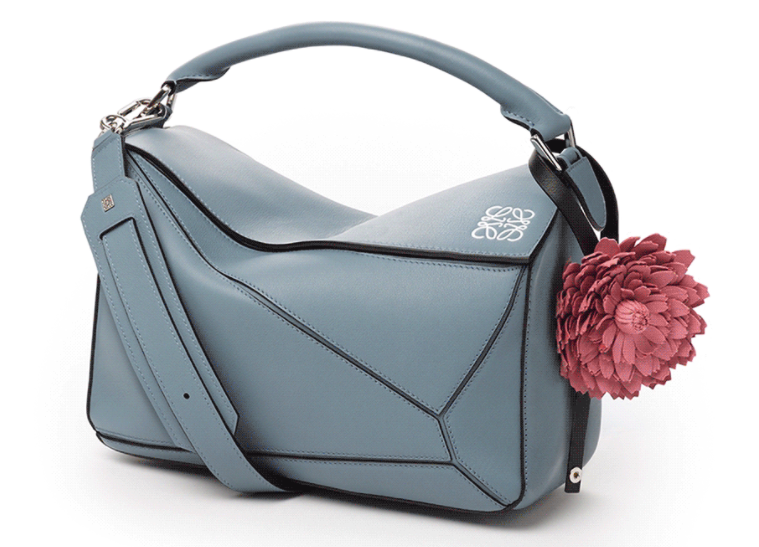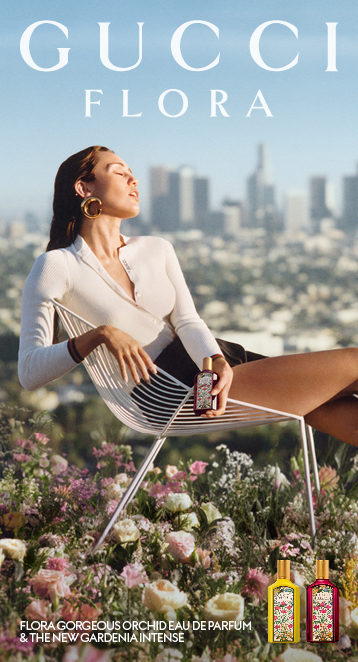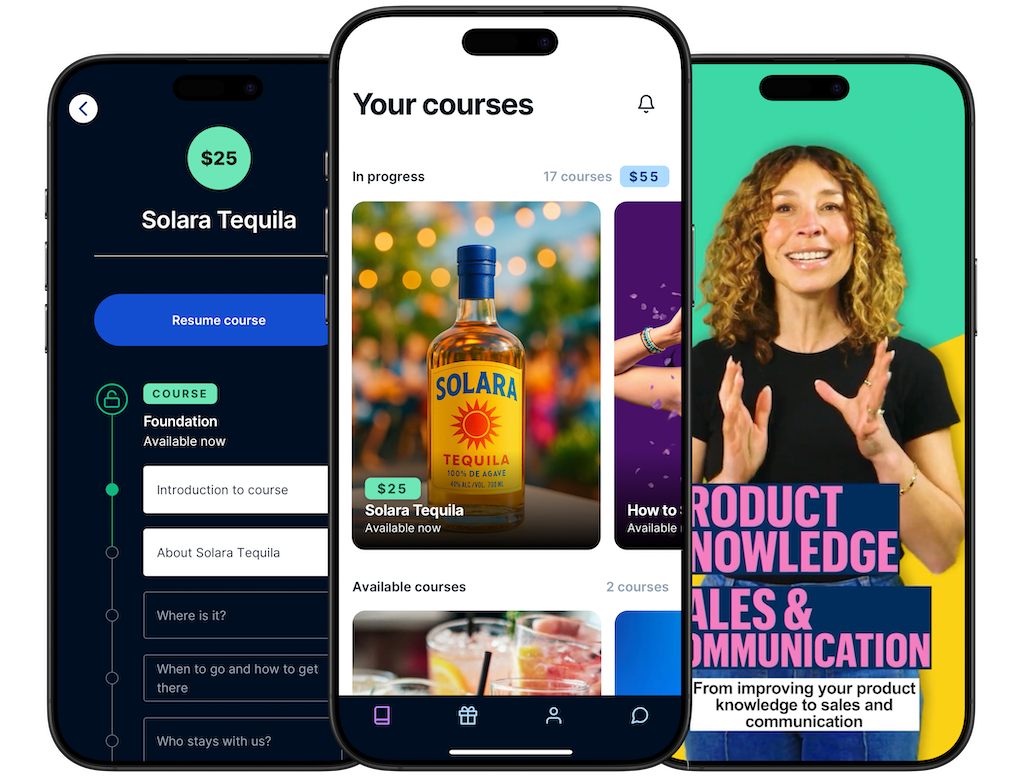 CHINA. Christmas has become a major shopping festival in China, just as it is in many countries, and many luxury brands co-opt the tradition to promote their offerings.
CHINA. Christmas has become a major shopping festival in China, just as it is in many countries, and many luxury brands co-opt the tradition to promote their offerings.
WeChat has been an essential marketing channel in the lead-up to the holiday, with brands offering their followers creative digital experiences such as well-crafted stories, games, quizzes, and more. Which Christmas WeChat campaigns stood out and which failed to engage their audience? Jing Daily* picked out the three nicest and three that it considered fell short of the mark.
BEST – CHRISTMAS CRACKERS
Burberry
British fashion label Burberry captured the attention of its followers with a well-designed game. The game’s assets are the brand’s products available this Christmas. Many users have commented that the aesthetics of the game are highly appealing, and the game is genuinely enjoyable.
Players are encouraged to share their scores with their contacts to compete against their friends (and thus garner the campaign more attention).

Why it works: Engagement. Offering an interesting game that followers can interact with better engages with them on WeChat than a post with text and photos.
Stella McCartney
Stella McCartney’s Christmas WeChat campaign is taking its followers back to the ’80s and ’90s with a vintage selfie contest. In a post introducing the contest, followers can click on any image to open a web page where they can take a selfie or upload one from their library.
The next step is to customise the selfie with Stella McCartney-themed effects and stickers. Once they’re done, users can choose to save the photo and share it on WeChat’s Moments or directly with friends. The brand also encourages participants to send their selfies directly, with the best five winning gifts from the brand.

Why it works: Stella McCartney has smartly tapped into selfie mania in China. In this contest, followers get a new visual language for one of their favorite subjects—themselves.
Furla
Italian affordable luxury brand Furla is offering a quiz for Chinese women to deduce the most charming aspect of their personality — their confidence, passion, mystery or elegance. In a series of multiple-choice questions, players arrive at a final answer, and a product recommendation to suit.
Why it works: Furla’s quiz offers readers some takeaways they can share and discuss with their friends. The quiz also makes the final product recommendation feel somewhat more convincing and personalised.
POOREST – CHRISTMAS TURKEYS
Bally
Bally’s Christmas campaign on WeChat is a note from its brand ambassador, Tang Yan. The attractive photos of Tang dressed in Bally’s products are likely to only draw the attention of Tang’s fans. In the comment section under the post, most messages are directed toward the actress herself, and don’t mention the products.

Tiffany
Jewellery label Tiffany has pushed out four Christmas-related WeChat posts, but none of them is especially engaging. Each is simply a list of Tiffany’s products, which the brand implores the reader to buy as Christmas gifts for their friends, family, and lovers. These posts are repetitive and uninteresting.
 Loewe
Loewe
Like Tiffany, the Spanish luxury brand Loewe also offers a Christmas gift list to its WeChat followers. The poorly written post lacks the ability to effectively trigger the interest of readers to purchase their products. More importantly, the post doesn’t tell them where they can buy Loewe items, failing to direct the customers to their stores.

Click here to read the full article and to subscribe to Jing Daily (a partner in an information-sharing alliance with The Moodie Davitt Report).
 *This article was originally published by the much-respected JING DAILY, a Moodie Davitt Report content partner.
*This article was originally published by the much-respected JING DAILY, a Moodie Davitt Report content partner.











